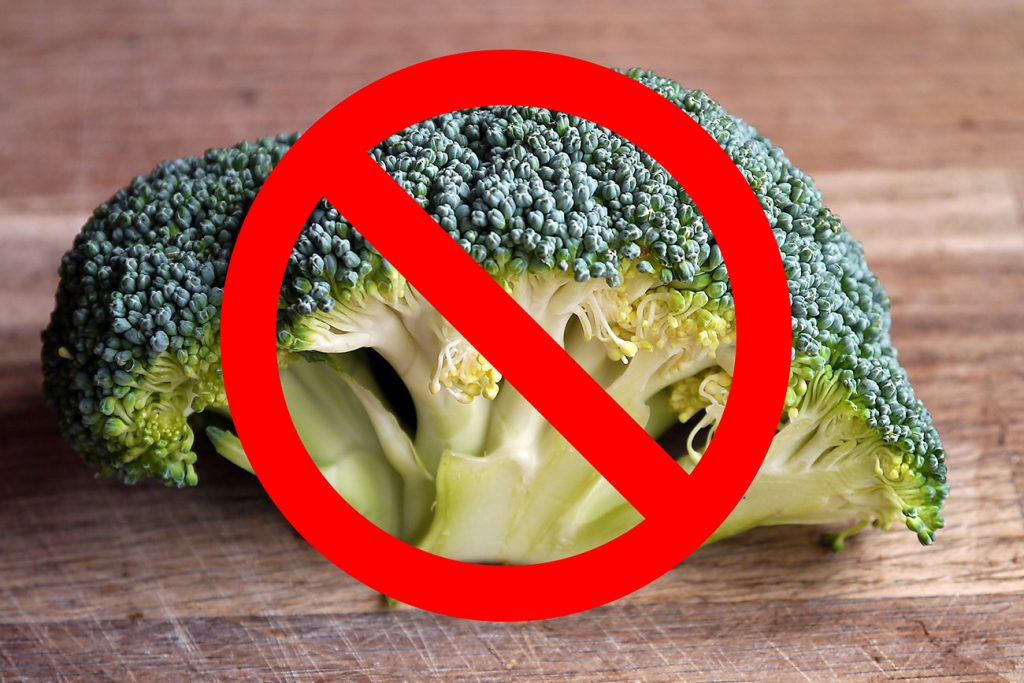I just finished reading an article about yet another “wonder diet” that is killing it in the bestseller charts. The book is even outselling the Dukan Diet. Now, the fact that we need to use the Dukan Diet as a point of reference is a grave concern itself, it’s a sad reflection of how hugely popular that fad diet has also become over recent years.
It’s hard to know who to feel most frustrated about – the gullible people who fall victim to these scam diets, or the crooks who promote them. Personally, I don’t know how these charlatans who make a killing at the expense of others can even live with themselves. I’m sure they must at some level actually believe their own lies.
But what about the victims? Are they also responsible, at least in part?
It’s not as if the science of nutrition isn’t well understood – it is. And it’s not as if the information on how to lose weight effectively and permanently isn’t available – it is. None of this is a black art, and none of it is a secret. There is absolutely no reason why anyone should fail to lose weight, provided they’re prepared to do what is required. But even so, the majority of people predictably steer towards the fad diets that time and time again lead them down the garden path.
Why? Well, there are two reasons.
Firstly, losing weight the right way (the way that works) is boring, and it’s not easy. The whole “watch your calories, eat lots of vegetables, avoid fried foods, avoid sugar, etc.” bit really doesn’t appeal. And secondly, a lot of people simply don’t know where to find the right information – health and fitness is a foreign world to them, so they inevitably turn to the information that finds them. And that information comes in the media, by marketing people who have something to sell and are looking to get rich – at their expense.
The information is always compelling, always believable, and it captures people’s imagination. That’s what makes these scam diets so hard to resist.
Take this new “wonder diet”, for example. It advocates, among other things, skipping breakfast. In our busy lifestyle, this isn’t something that would meet with much objection. In fact, many people probably do it from time to time and then beat themselves up over it because they know they shouldn’t. It’s a novel and interesting idea, it captures the imagination because it goes against conventional thinking. It leads people think, “what if?” . . . “maybe this is the secret”, and so on. It’s not hard to see how quirky little ideas like this, backed up with some reasonable-sounding double-talk by way of explanation, hook people in.
The diet also advocates avoiding fruit and even broccoli – a food that would easily be in the top 5 list of many health conscious people, bodybuilders and athletes. So again, it grabs people’s curiosity simply through its contrarian positioning.
I’m not going to post the name of this new “wonder diet” or a link to the article because quite frankly, I don’t want to give it any more publicity. It deserves none. If indications are correct, it has the potential to con thousands of unsuspecting people. Hopefully it won’t reach anywhere near the level of acceptance that the Dukan diet has, which, for all its popularity (the book sold over 100,000 copies in Australia alone), has a relapse rate of 75% after two years and 80% after four years. This is typical of fad diets, which often show early success but simply aren’t sustainable.
The sad fact is that scam diets will always continue to appear, there’s too much money to be made for them to stop. The best we can do is to recognize them for what they are, steer clear, and educate as many people as we can about what they really are.
You’ll be doing them a huge favor!


